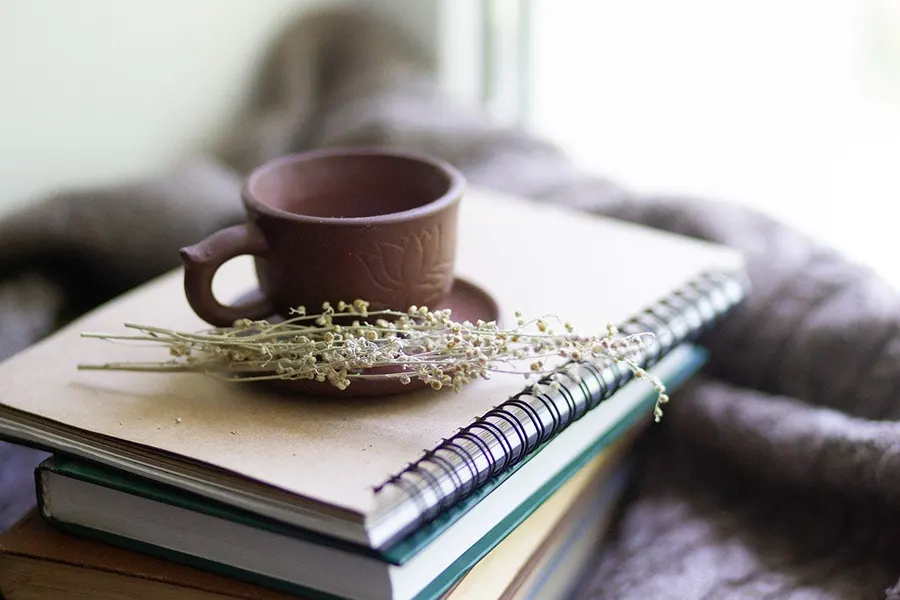Recently this topic has been trending on the Chinese social media site Weibo; A healthy daily routine as recommended by a Chinese doctor based on when various organ’s energy is efficiently activated to boost wellness.
These ideas incorporate traditional Chinese medicine, theories about yin and yang/hot and cold energy within the body and are regarded as alternative medicine by scientific doctors because of the lack of scientific practice behind these theories.
However many people believe in them because whilst the theories are fancifully explained, the basis behind the advice can often simply work. Whether the benefits are empirically direct or a matter of placebo is debatable. Scientific theory struggles to separate out health behaviours from consequences when so many variables are involved, it’s often too expensive and unrealistic to test every type of health situation in large groups, so to many people (especially in China) Chinese Traditional Medicine still holds some authority in advising about general wellbeing. Scientific theory is still often stuck in debate about what’s good and bad for our health.
I’ve translated the following advice from Chinese into English.
6:00-7:00 – Waking up
Wake up and have a bowel movement.
According to Traditional Chinese Medicine, this is the time when the Large Intestine meridian is active and more energized, making it an optimal time to wake up and have a bowel movement.
7:00-7:20 – Morning Hygiene
After washing up, you can massage your ears, massage around your eyes, and do some simple stretches to wake up your body. Then, drink a large cup of warm water (sip slowly, don’t gulp it down) to inject fresh vitality into your body.
7:20-8:00 – Breakfast
Have breakfast. During this time, the Stomach meridian is active. Eating a nutritious breakfast provides enough energy for the whole day.
8:30-9:00 – Initial Activity
Avoid intense exercise. The immune system is weaker at this time, so intense exercise is not recommended. You can opt for a leisurely walk or commute to work by walking or cycling.
9:00-11:00 – Study or work
During this time, the Spleen meridian is active. The spleen begins to distribute qi and blood, delivering nutrients throughout the body. It’s the first prime time of the day for learning and working.
11:00-13:00 – Lunch
Lunch and rest. During this period, the Heart meridian is active. You can have a balanced lunch and take a suitable break to avoid overexertion.
13:00-16:00 – Continue studying or working
During the afternoon, when your mind is active and you have ample energy, it’s suitable for engaging in creative tasks.
16:00-17:00 – Moderate exercise or activity
During this time, the Bladder meridian is active. Engaging in moderate exercise can promote metabolism and help the body eliminate toxins and waste.
17:00-19:00 – Dinner
During this time, the Kidney meridian is active. It’s advisable to have a light dinner and avoid overly greasy or spicy foods.
19:00-21:00 – Relaxation
Take a walk and relax. During this period, the Pericardium meridian is active. Taking a walk can aid digestion and keep your mood relaxed and cheerful.
21:00-23:00 – Prepare for sleep
During this time, the Triple Burner meridian is active, and yin and yang start to alternate. It’s best to avoid intense exercise and overly stimulating activities to prepare for sleep.
23:00-1:00 – Go to Bed
During this time, the Gallbladder meridian is active, which is the golden sleep period. Ensure sufficient sleep and avoid staying up late or having poor sleep quality.
Common sense or Insightful?
Obviously this routine might be difficult to adhere to based on your work/study load and timetable, and also your illness or disability. Much of this list is fairly common sense, and it’s mostly the fact of life situations that prevent us from adhering to a good routine for our wellbeing.
In addition to this, people have different biological traits which could change the routine’s advice. Some people swear by exercising moderately early on, or maybe others prefer to skip lunch and finish work earlier.
The ideas of various meridians being active or not, is a long held belief in Traditional Chinese Medicine. But we have to consider whether most of this is due to the difference in ancient lifestyle compared to ours. Our modern lifestyle takes advantage of the fact electricity can allow us to be productive during the dark, when this option wasn’t available to people in the past.
I’m personally much more productive in the evening compared with the morning. This does disrupt my sleep time routine, but allows me pre-emptively recover in the morning and early afternoon. I also prefer to eat during dark hours, as digestion seems to heavily interfere with day time relaxation.
It’s at least interesting that the health and wellbeing advice in China is quite similar to the West. As obvious as most of the advice is, giving advice is much easier than living the advice.







